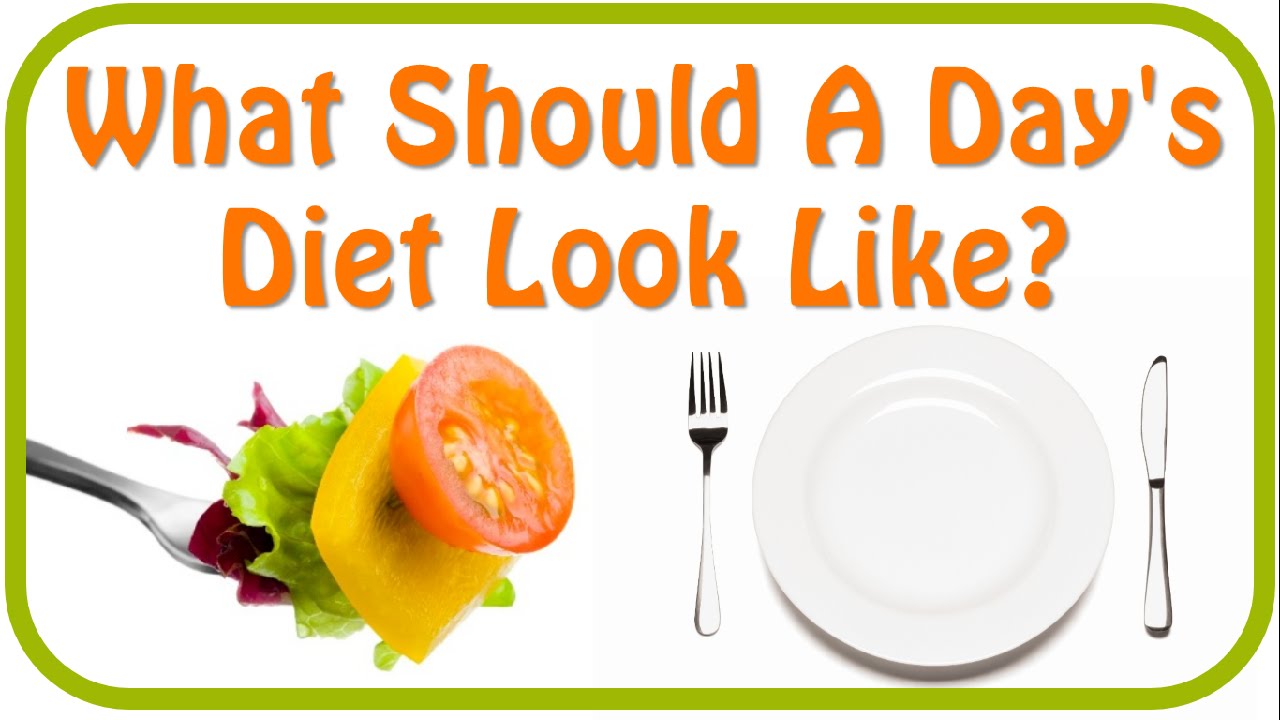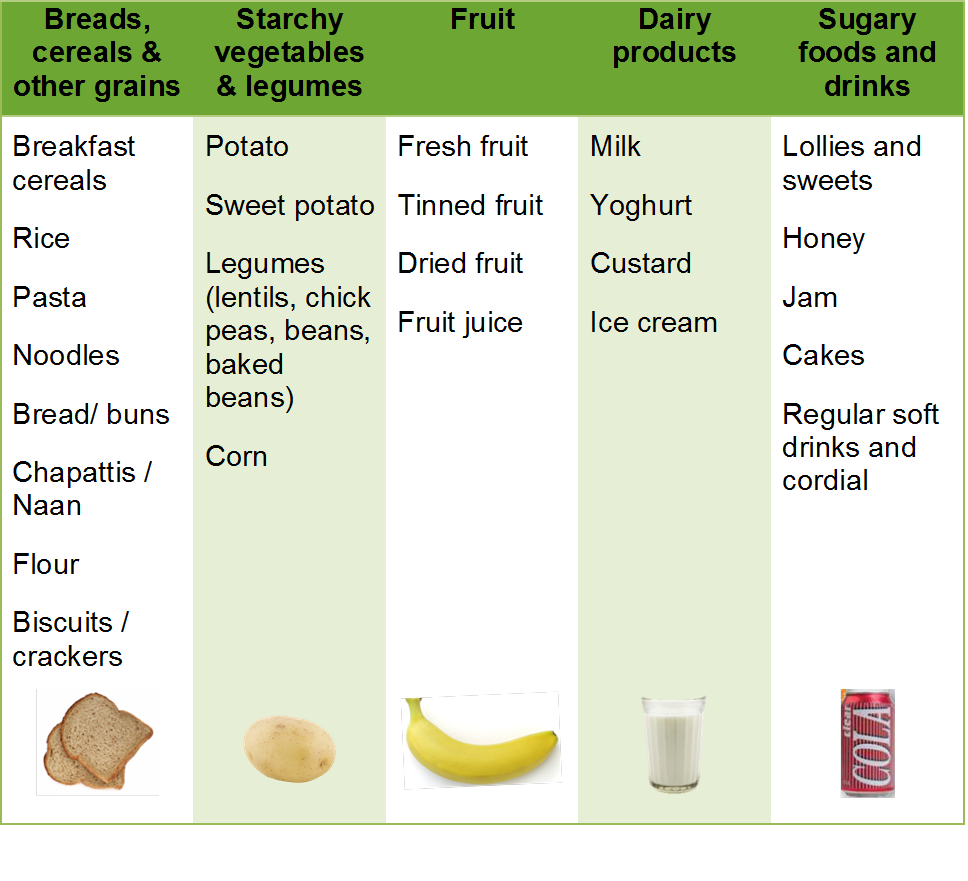
It is important to eat breakfast every day for weight loss. Skipping breakfast has several negative effects. Skipping breakfast not only increases your calorie intake but also breaks the midnight fast, which means you lose stored energy in fats and protein. Furthermore, skipping breakfast regularly can slow down your metabolism, so it's important to eat a nutritious breakfast one to 1.5 hours after you wake up. It is important to eat a healthy, high-protein, low-fat breakfast in order to avoid this.
High-protein breakfasts are high in fiber and healthy fats
A high-protein breakfast can be a great way for busy people to get through their day. Protein takes longer than carbohydrates to digest so you are able to eat more until lunch. You can also choose to have a high-protein breakfast if you exercise regularly. Eggs, granola, and nuts can all be great options for adding fiber and protein to your morning meal.
A study published in the American Journal of Clinical Nutrition found that dieters who ate breakfasts high in protein consumed fewer calories throughout the day. When they ate a high-protein meal, they were also less likely to reach for high-fat and high-carb lunchtime snacks. They also got better sleep which was important as deprived people are more likely later to eat junk food and high-calorie treats.

You can gain weight by skipping breakfast
Recent research shows that skipping breakfast can lead you to weight gain. This is known as metabolic syndrome. It's a condition where the body's enzymes store excess fat to make it more starve. The abdominal fat can lead to high blood sugar levels, high blood pressure, and other serious health problems. Although it is not known what causes weight gain, it is important that you eat a healthy breakfast.
The best way to find out whether skipping breakfast causes weight gain is by looking at randomized controlled trials. Randomized controlled trials are preferred by researchers over other types because they are cheaper and more straightforward to conduct. However, observational studies can have a few weaknesses. This is especially true for participants who were not randomly assigned. It is impossible to control for any other variables, such as gender or age, that could affect the results.
High-carbohydrate breakfasts increase calories
High-carbohydrate breakfasts can lead to higher calorie intake. However, the benefits of high-protein breakfasts outweigh these risks. They are known to stabilize energy levels, increase concentration, and help keep hunger at bay. High-protein breakfasts are a great way of burning fat and increasing your calorie intake to lose weight. What about if your diet is special? It is important to choose a breakfast that you are strategic about choosing.
The "big breakfast" diet has a higher daily total carbohydrate intake than other diets. The participants consumed a breakfast containing 610 calories, 58 grams of carbs, and 47 grams each of protein. They also ate a low-carbohydrate (seven grams) diet. Interestingly, this diet boosted calorie intake, but the study did not provide any conclusive evidence of its effectiveness.

Making healthy choices at breakfast is key to weight loss
It is important to eat a healthy breakfast each day in order to lose weight. Not only does it create a sense of structure for the rest of the day, but it also helps to reduce the likelihood of overeating. You need to eat certain elements in order to stay full and satisfied for long periods. This plan will allow you to feel satisfied for hours.
An egg for breakfast is one way to make sure that you get enough protein. They have about 6 grams of protein and 70 calories. They're also twice as satisfying as a bagel. A few sliced bananas and a cup of yogurt will do the trick, too. Egg white omelets are also a great choice. Eggs are twice as protein as a bagel so you can eat more eggs for longer.
FAQ
What should I eat during intermittent fasting to lose weight?
Cutting out carbs is the best way to lose weight. That means cutting out bread, pasta, rice, potatoes, and other carbohydrate-based food.
Also, you should avoid eating too many protein as it can make you feel fuller for longer. So you won't feel hungry as often.
Focus on foods rich in healthy fats like olive oil, avocado, nuts and seeds. These foods can keep you satisfied for hours after they are eaten.
It's important to make sure you're drinking plenty of water, too. Water helps you to stay hydrated which makes it easier for you to lose weight.
This could be because you find you really crave these foods when fasting. You don't have to cave to your cravings. You could gain more weight than what you lose if you do.
Try to limit how many calories you eat each day. This will help prevent you from overeating. If you feel hungry, drink water and not reach for another snack.
This may seem counterintuitive. However, it's been shown to help you slim down. One study published in Obesity showed that plain water was more nutritious than sugary drinks.
In addition, drinking plain water helped reduce feelings of hunger. If you want to lose weight, avoid sweetened beverages and drink water.
It doesn't take much to lose weight. Instead, try to make small changes in your life.
One way to start is by substituting your typical breakfast sandwich with a bowl of oatmeal. Alternately, you can swap your afternoon cookie with a piece de fruit.
These easy swaps can add up and help you lose weight without spending hours in the kitchen.
Is there a difference in intermittent fasting and calorie restrictions?
Calorie restriction is when you eat less than your body needs. Intermittent fasting is different because it doesn't involve restricting calories. Intermittent fasting focuses more on eating fewer calories every day.
Intermittent fasting works better because it allows for you to enjoy your favorite foods without feeling guilty.
Both methods have their merits and weaknesses. You have to decide which method you prefer.
How do I create an exercise routine?
The first step is to create a routine for yourself. You should know what you will do each week and how long. This will help you plan ahead and prevent procrastination.
A second important thing to do is ensure you have lots of variety when it comes to your exercise routine. You don't want to become bored with exercise because then you won't stick with it.
Also, you need to keep track on your progress. It's important that you keep track of the weight you have gained or lost over time.
It's easy for people to lose motivation when they start by losing weight. If you gain excessive weight, it can be difficult to remain motivated.
You should find a balance between weight gain and weight loss. If you are unhappy with your current situation, you will be less inclined to exercise.
How long does it take to lose weight?
It takes time to lose weight. It can take six months to lose 10%.
You shouldn't expect weight loss overnight. Your body will need time to adapt to new dietary changes.
This means that you need to slowly change your diet over a period of time, such as a few days or weeks.
Fad diets should be stopped as they are often not effective. Instead, you should change your daily routine.
Consider, for instance, that you often eat unhealthy snacks late at the night. You need to reduce this behavior.
Instead, you should eat healthier meals earlier in the evening. This will ensure that you don't snack late at night.
You should also drink plenty of water during the day. Water helps keep your body hydrated, and prevents you from becoming dehydrated. Dehydration can make you feel tired and weak.
A lot of water throughout the day is a great way to stay energized.
Finally, you should reduce stress levels by doing things that relax you. For instance, you could spend some quality time with loved ones.
You could also read books or watch movies, or listen to music.
These activities will help relieve stress. You will feel happier and more confident.
When you are trying to lose weight, it is important to consider your health first.
Your physical health is a sign of your overall health. If you are looking to improve your physical fitness, it is important that you eat well and do regular exercise.
Statistics
- A 12-week study in 20 women with obesity found that walking for 50–70 minutes 3 times per week reduced body fat and waist circumference by an average of 1.5% and 1.1 inches (2.8 cm), respectively (healthline.com)
- It's estimated that half of all American adults attempt to lose weight every year (1Trusted (healthline.com)
- According to Harvard Health, it's estimated that a 155-pound (70-kg) person burns roughly 112 calories per 30 minutes of weight training (5). (healthline.com)
- According to Harvard Health, it's estimated that a 155-pound (70-kg) person burns around 167 calories per 30 minutes of walking at a moderate pace of 4 mph (6.4 km/h) (5). (healthline.com)
External Links
How To
How to exercise for weight loss
Exercise is one of the best ways to lose weight. Many people don't know how to exercise properly. Cardio exercises include walking, running, swimming and cycling. Strength training should also be included such as lifting weights, doing pushups, pullups, squats, lunges etc. The most effective way to lose weight is to combine these two types of exercises together. Find friends who are open to joining you on your exercise journey. You have the option to go to a gym, but you also have the option of walking around the neighborhood. You need to keep doing the same thing no matter what kind of activity. It's very easy to get off track when you first start working out, so don't give up if things aren't going well right away. Keep going!